Oecophylla longinoda
$128.71
Worldwide shipping
Free delivery over 999 PLN
The highest quality of goods
Live delivery guarantee
24/7 Personal Support
Fair Prices
Description
Oecophylla longinoda is a polygyne ant species with colony sizes ranging from 100,000 to 500,000 workers. They have a very fast development speed. The queen ants are 12-16 mm in size while the workers are 4-9 mm. They have a yellowish brown to brown color with a strong chest. Their nutrition includes insect food, syrup, fruits, vegetables, jelly, and cooked chicken.
Additional information
| Behavior | |
|---|---|
| Difficulty in breeding | |
| Origin | |
| The size of ants | |
| Wintering |
Oecophylla longinoda
Colony Type: Polygyny
Colony Size: Up to 500 000 workers
Development Speed: medium
Size
- Queen: 12-16 mm
- Workers: 4-9mm
Color: Brown head and back. The queen is almost all dark brown.
Nutrition
- Food insects (such as cockroaches and crickets) dead, or live if colony is big
- Syrup (a mixture of water and honey or sugar, with a ratio of 3 water:1)
- Fruits and vegetables
- Jelly
- Cooked chicken without salt, shrimps
- Honey
Don’t forget to check out our food products to ensure a well-balanced diet for your colony!
Humidity and Temperature
- Humidity: Arena: 40-60%, Nest: 50-70%
- Temperature: Arena: 21-35 °C, Nest: 24-28 °C
Species Features and Behavior
Oecophylla longinoda ants are known for their aggressive nature and remarkable nest-building skills. They construct their nests by weaving leaves of flowers and trees together, creating intricate and secure structures. Witnessing their innovative building techniques and observing their colony dynamics can provide endless entertainment and educational value.
However, it is important to note that this species is demanding and requires careful attention and care. Due to its complexity, there is a risk of the colony experiencing a higher mortality rate. It is crucial to understand these factors before making a commitment to keep Oecophylla longinoda ants.
Recommended Nests for Breeding
When setting up the ideal habitat for Oecophylla longinoda ants, there are certain types of nests that are recommended for their breeding. Gypsum nests and aquarium setups with live plants are excellent choices as they provide a suitable environment for the ants to thrive. These nests offer the necessary space, humidity, and temperature control for the colony’s growth and development.


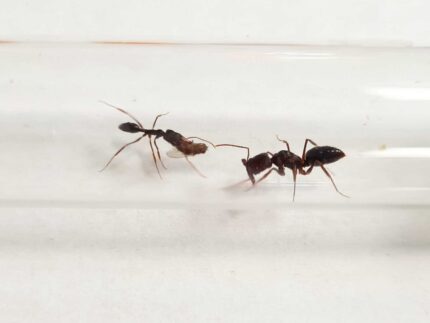
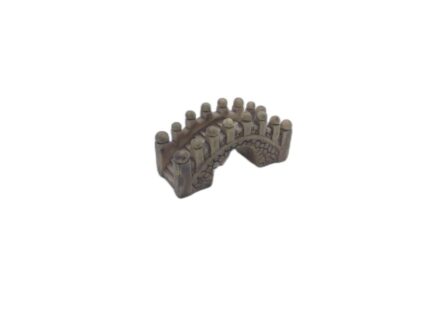
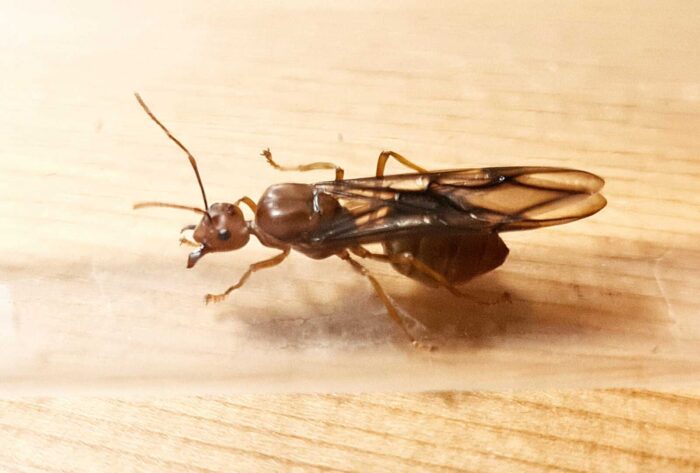
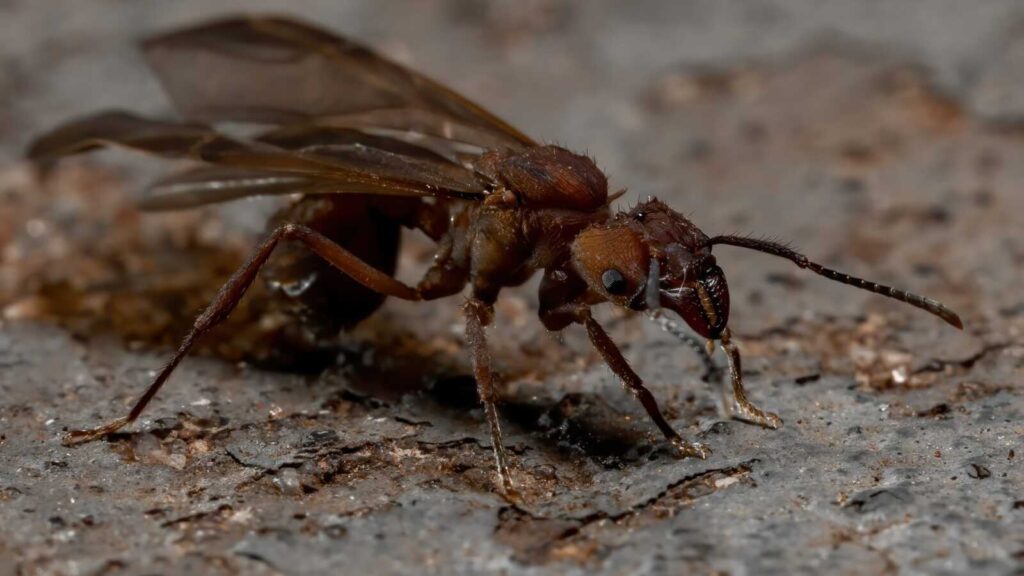
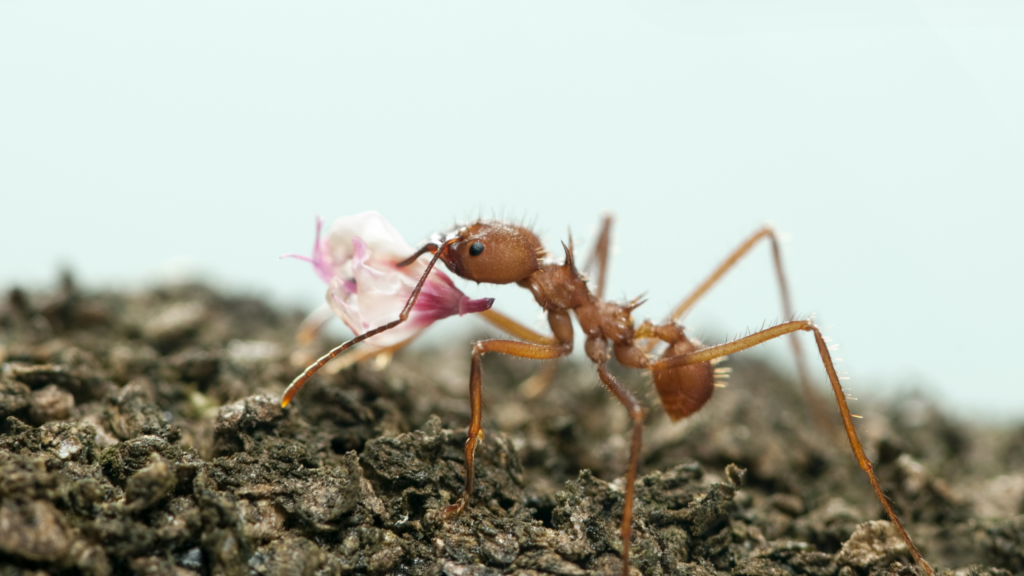
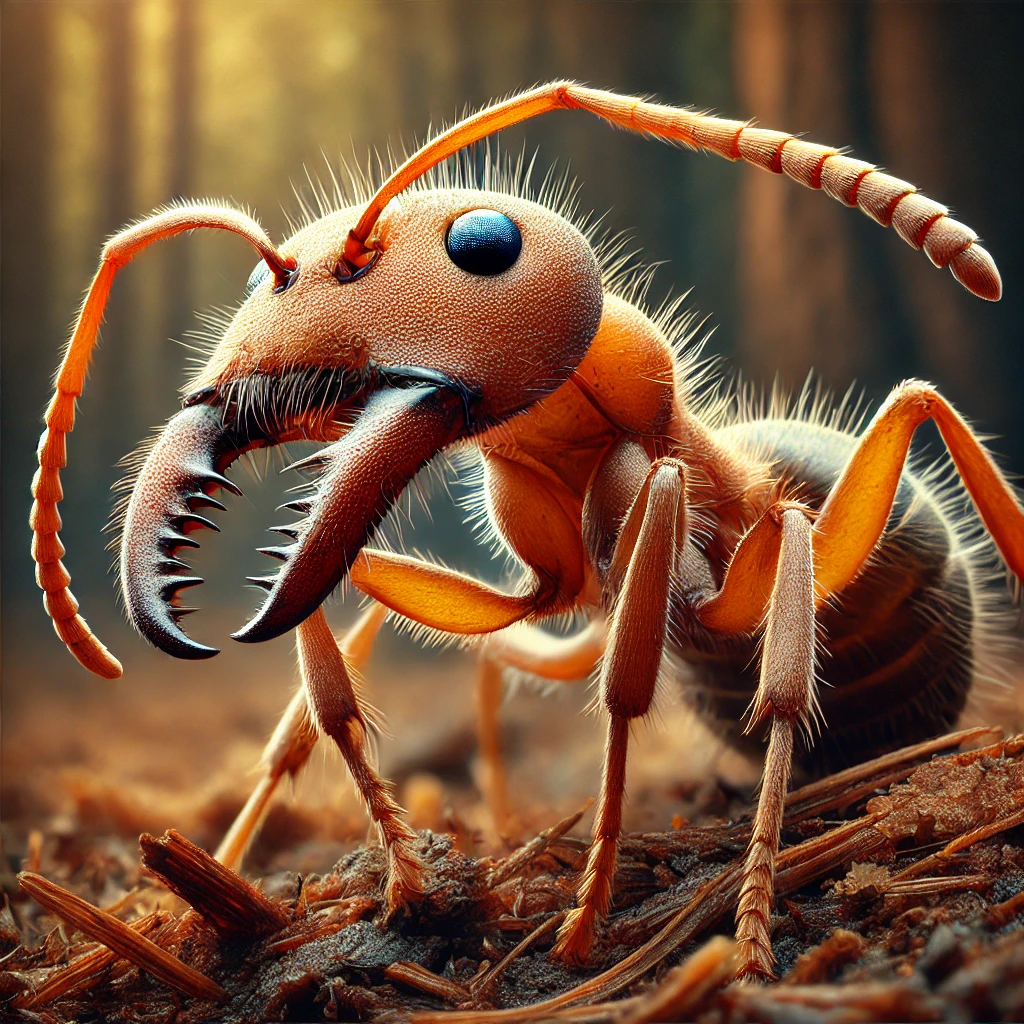
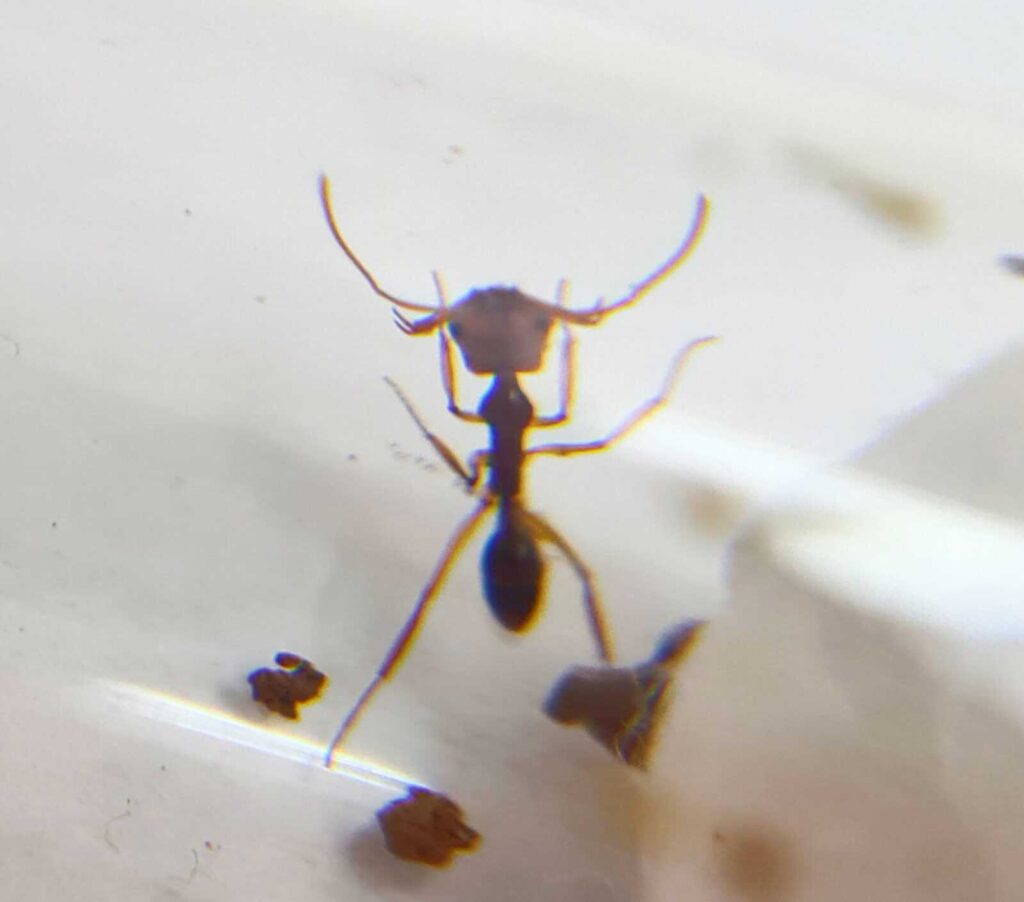
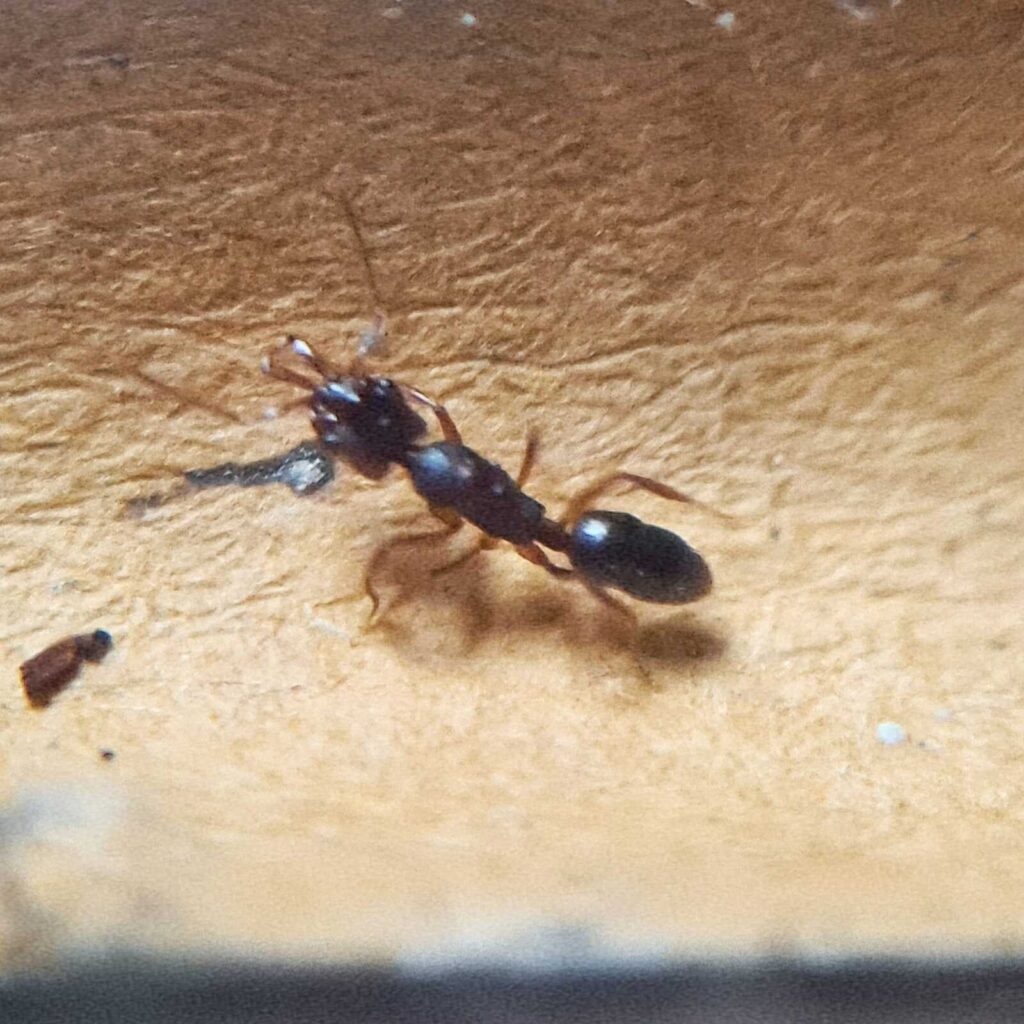
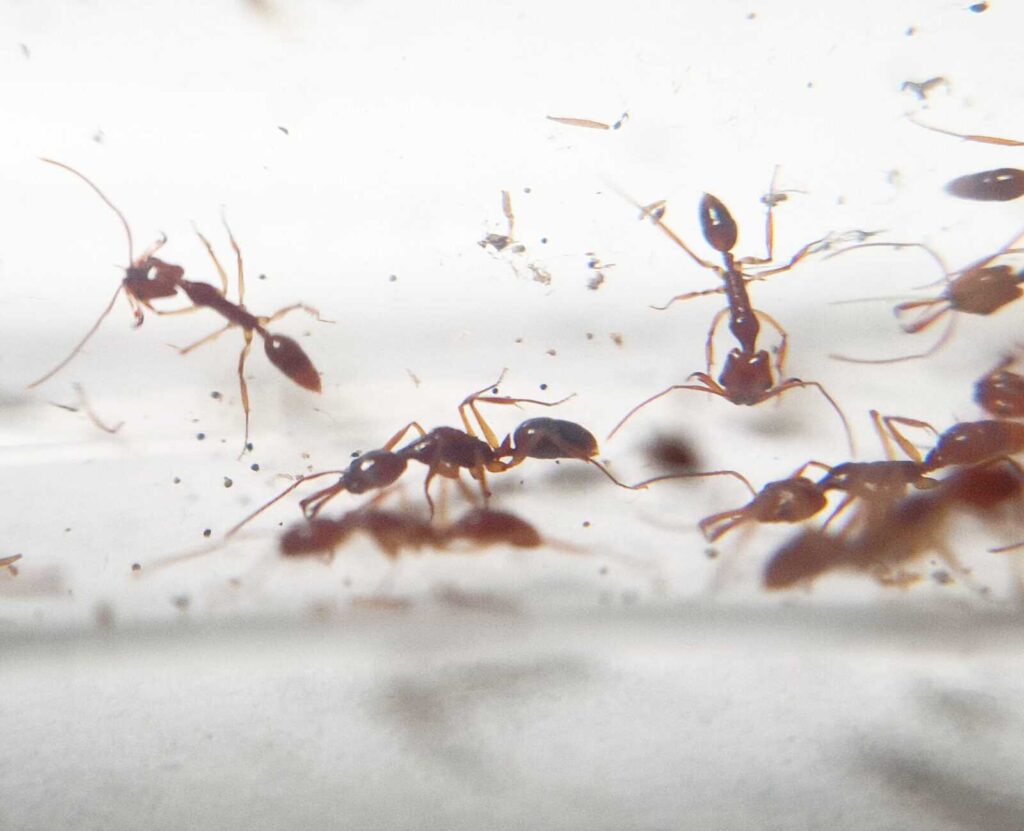
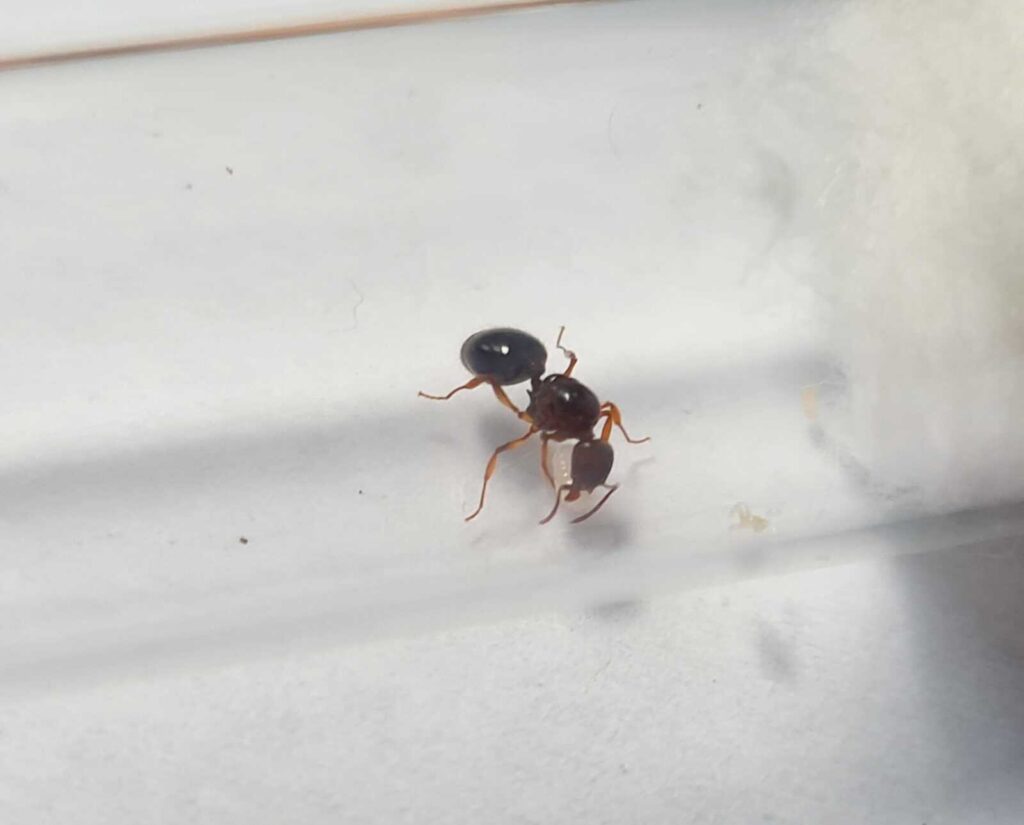
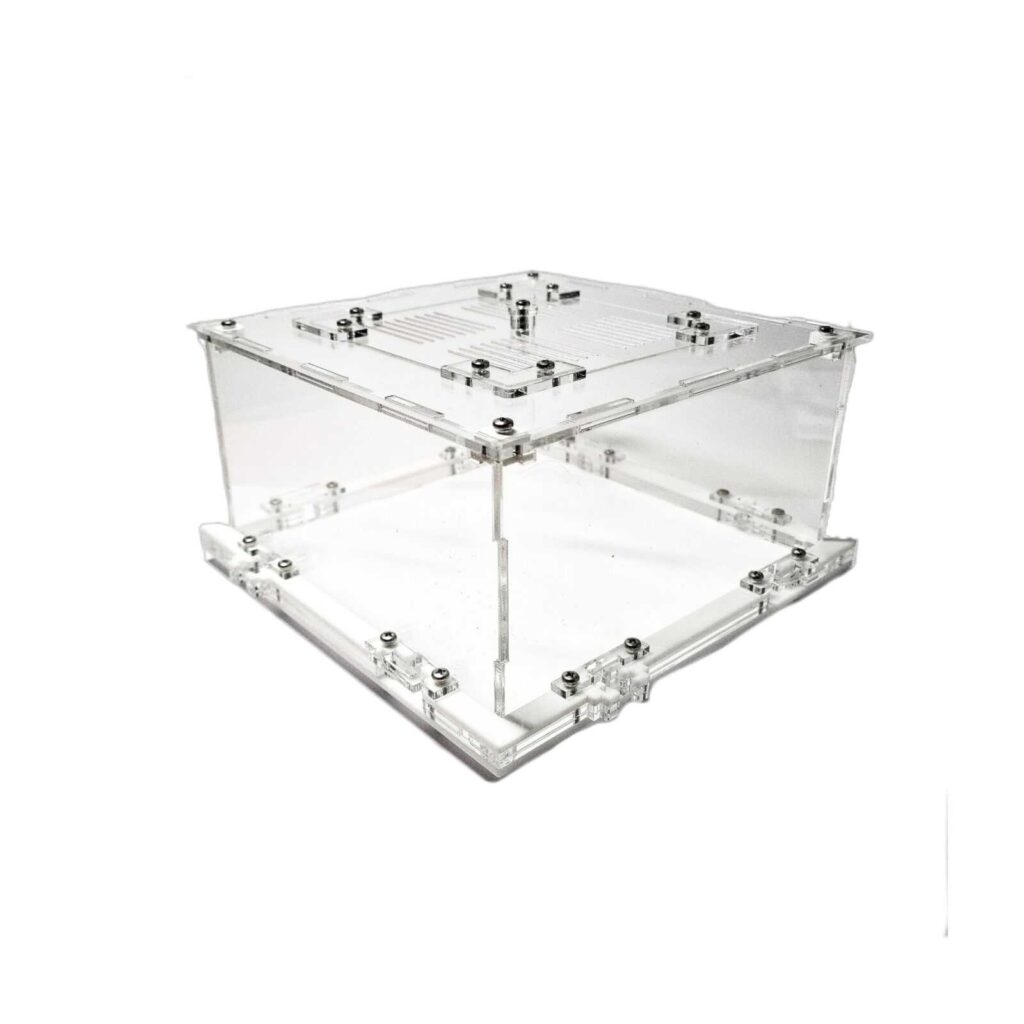
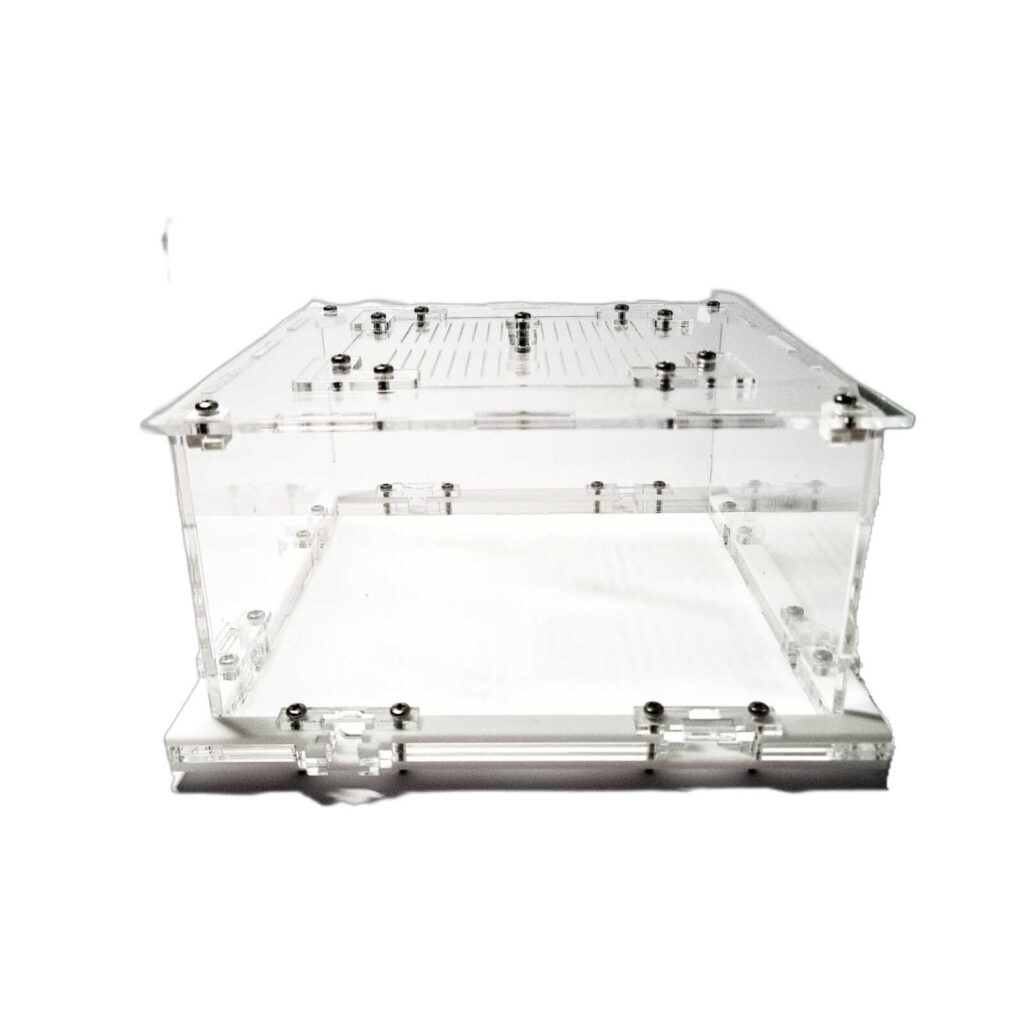

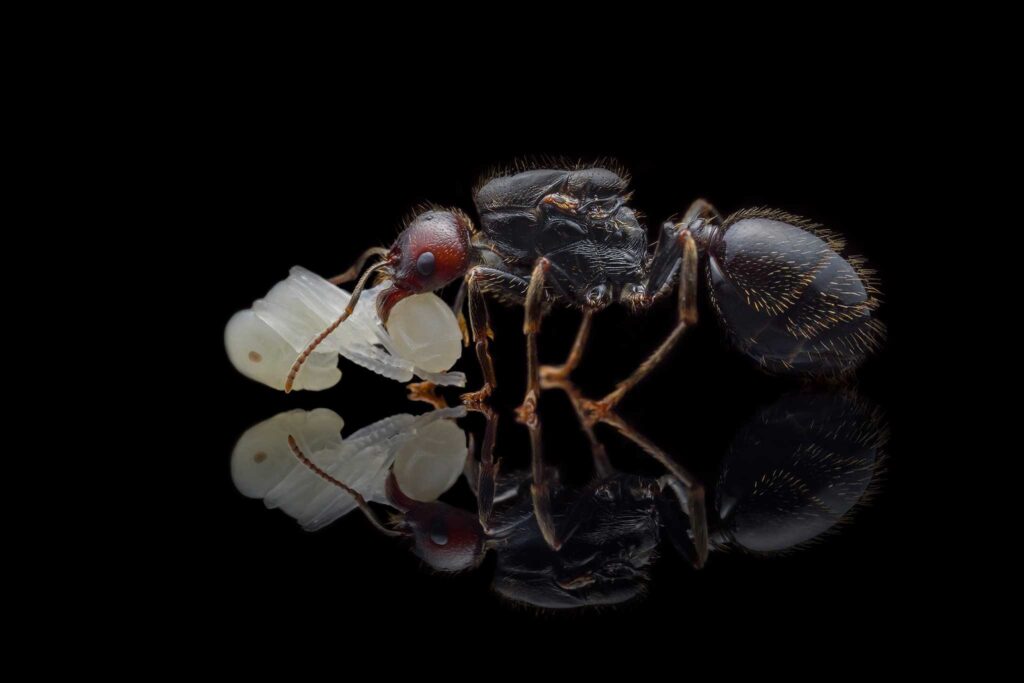
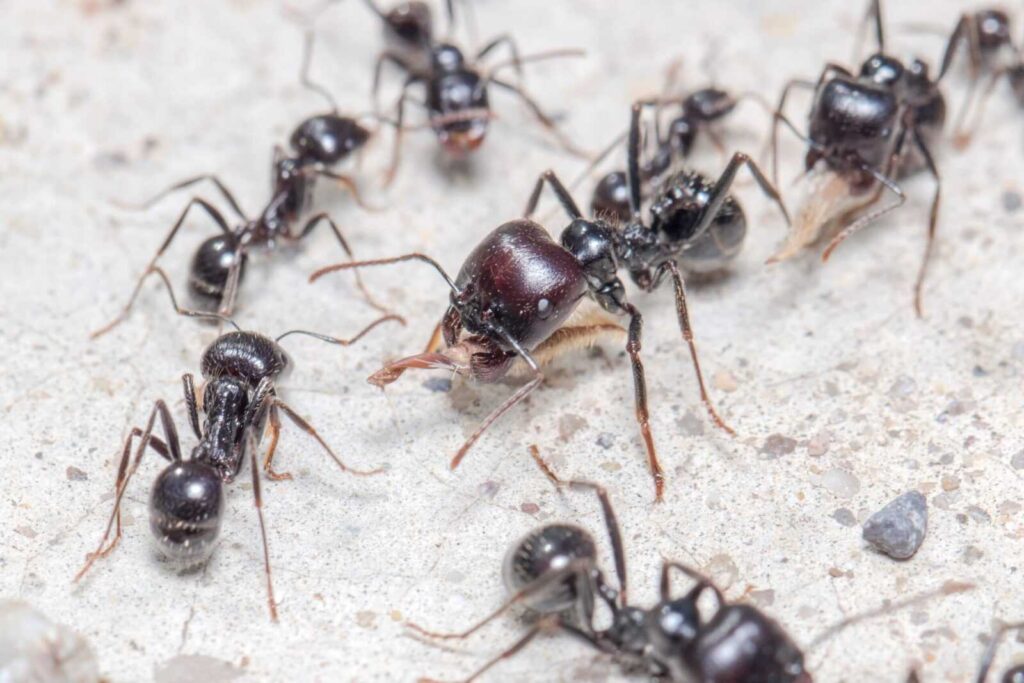
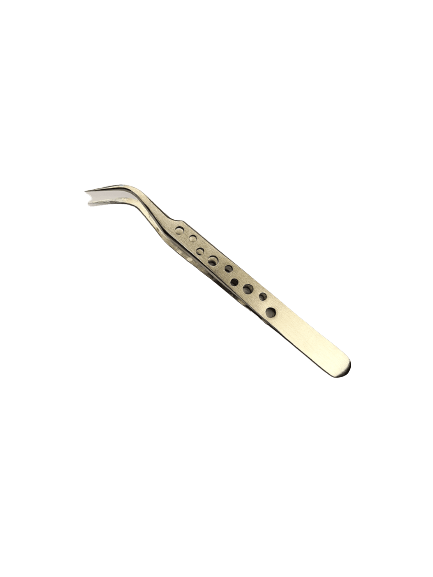
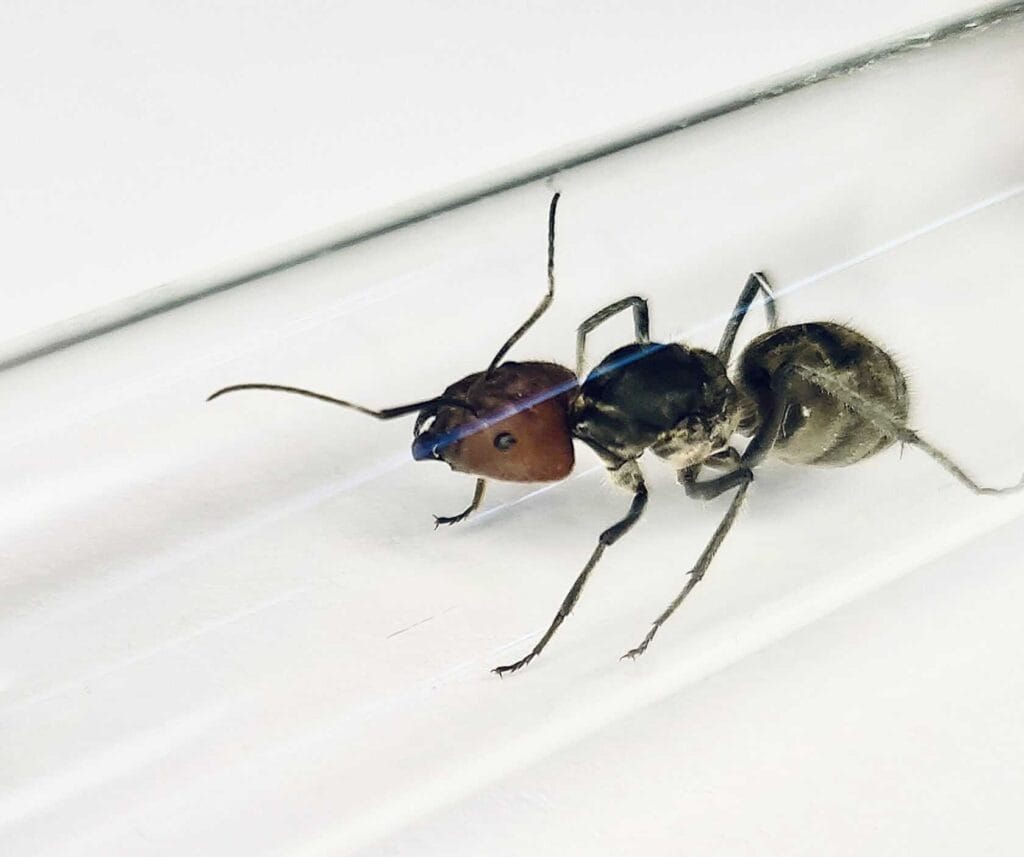
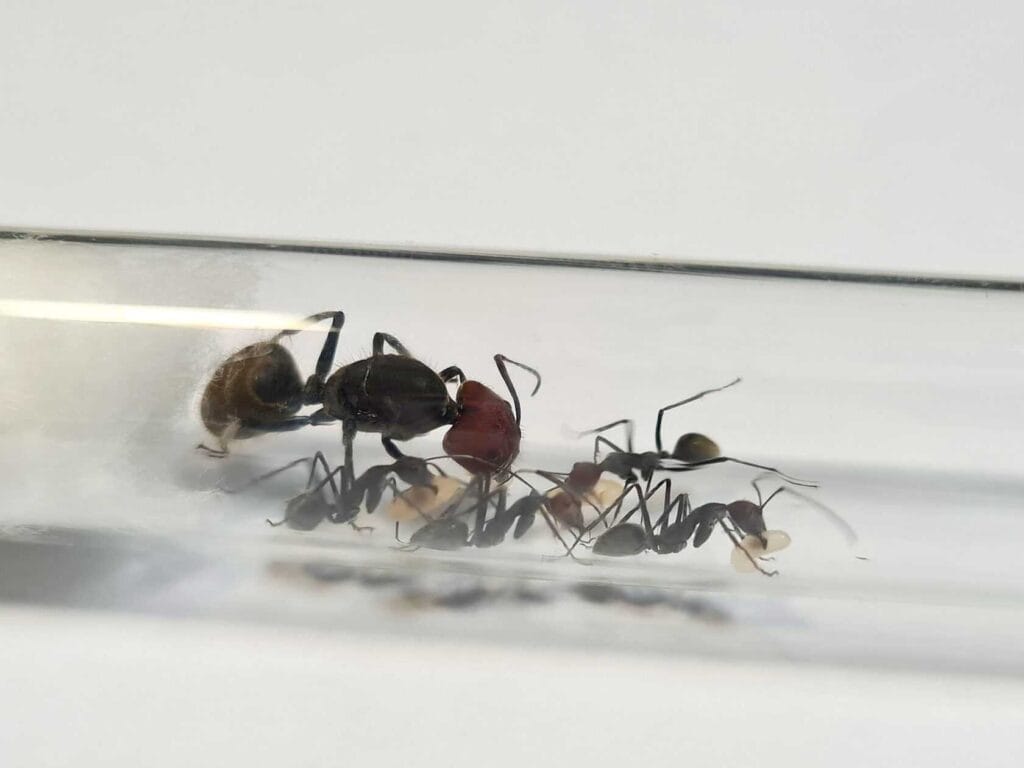
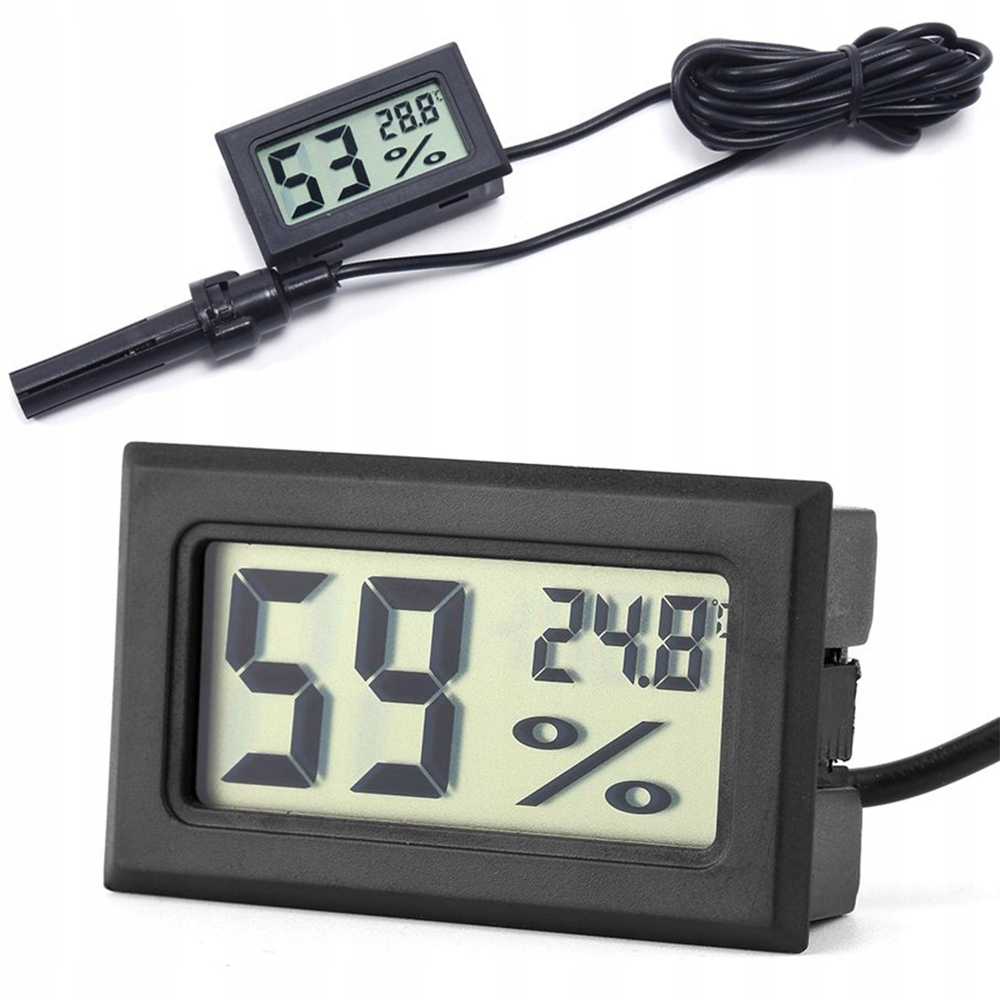
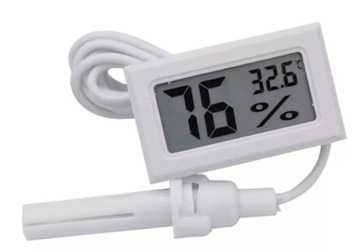
Reviews
Clear filtersThere are no reviews yet.